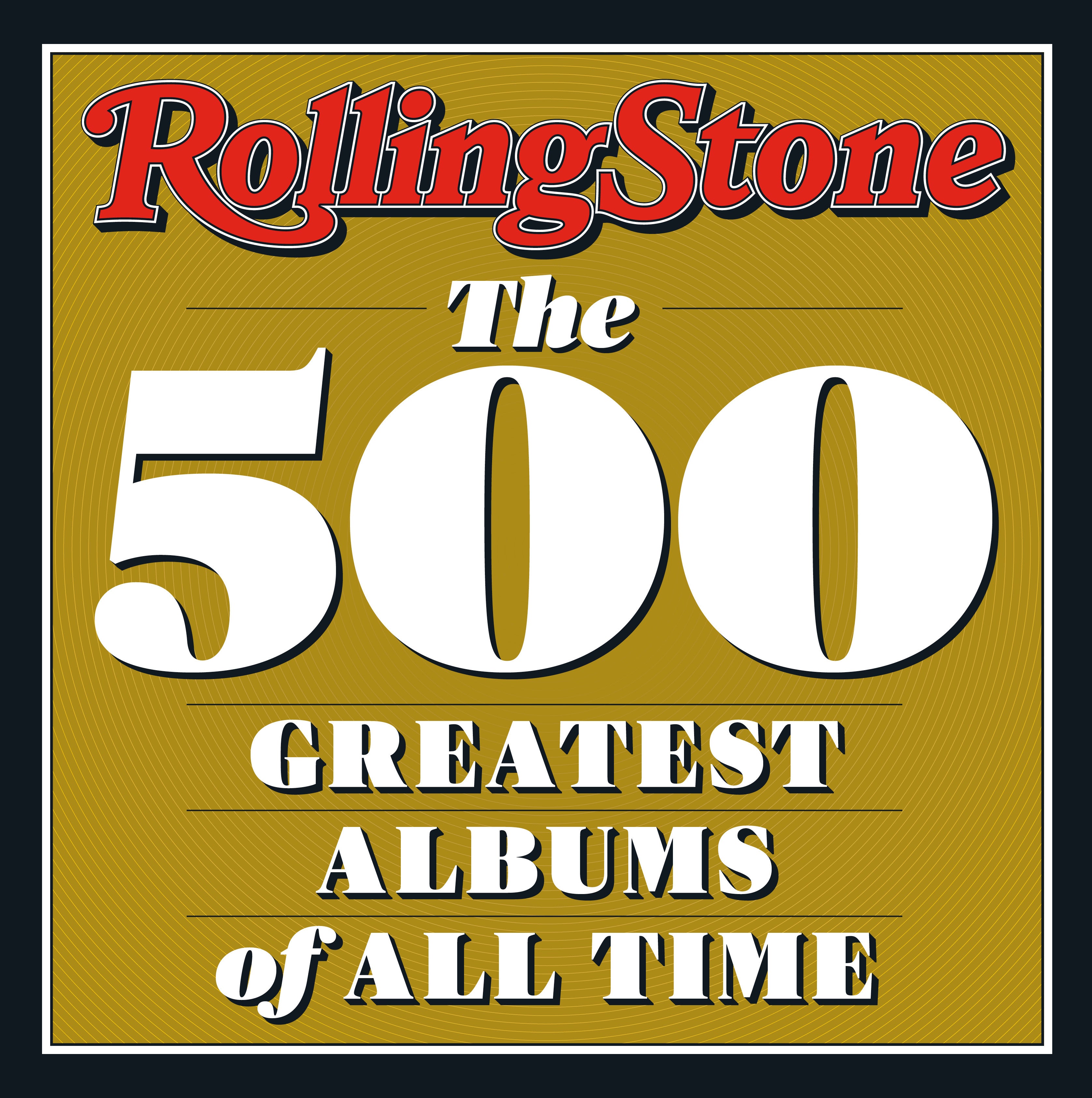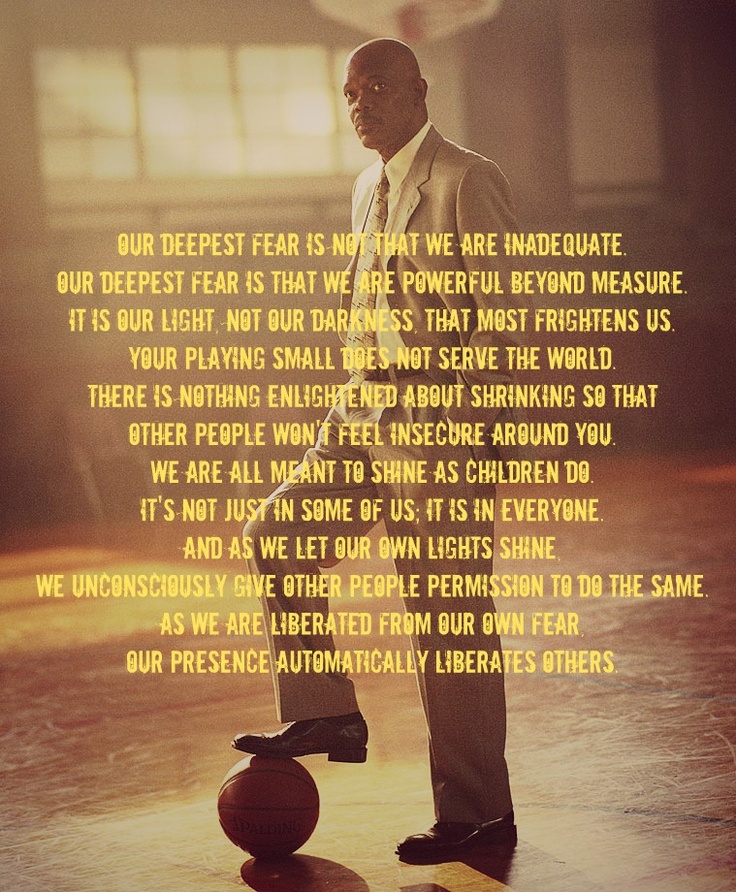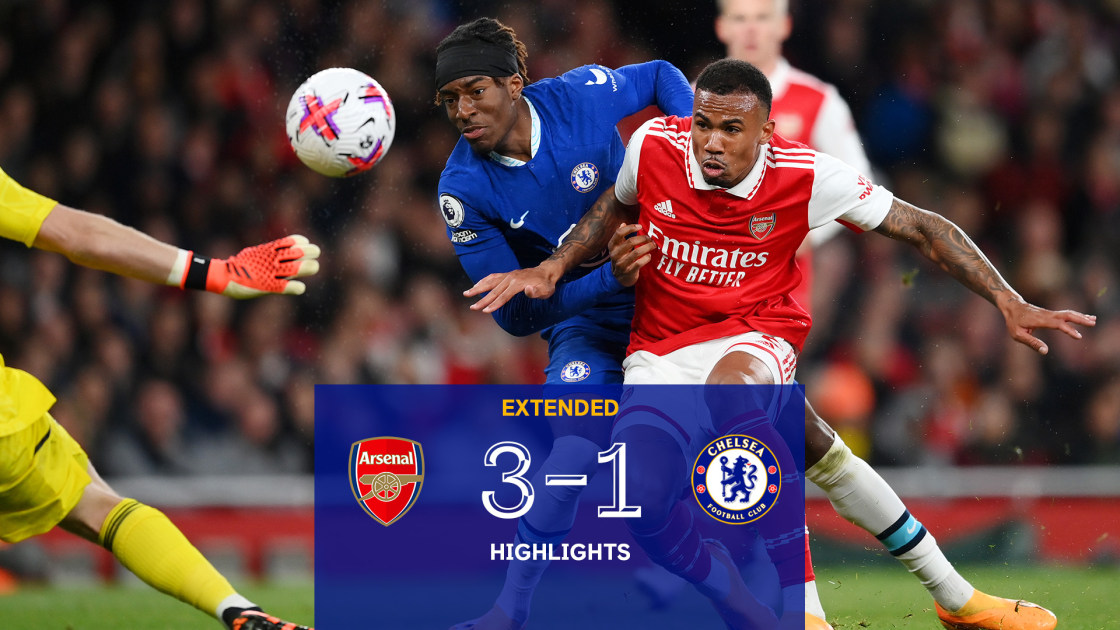
The Masterminds of Modern Football: Explaining the Greatest Coaches of the 21st Century
Football, often dubbed "the beautiful game," has undergone a profound transformation in the 21st century. While the players on the pitch remain the ultimate performers, the tactical and psychological architects behind their success – the coaches – have never been more critical. Gone are the days when a manager’s role was primarily motivational; today’s elite coaches are strategists, innovators, man-managers, and often, the very identity of their clubs. They are the masterminds who have shaped the sport, pushing boundaries, redefining tactics, and etching their names into the annals of football history.
This article delves into the careers and philosophies of the greatest football coaches who have left an indelible mark on the 21st century, explaining their unique contributions and enduring legacies.
Pep Guardiola: The Positional Play Revolutionary
Perhaps no coach has influenced the aesthetic and tactical direction of modern football more than Pep Guardiola. Emerging from the Barcelona B team in 2008, Guardiola instantly captivated the world with his revolutionary "tiki-taka" style, built on relentless possession, intricate passing triangles, and suffocating high pressing. His Barcelona side, featuring Lionel Messi at its false nine apex, achieved unprecedented success, winning two Champions League titles and three La Liga crowns in just four years, culminating in the historic sextuple in 2009.
Guardiola’s philosophy, deeply rooted in Johan Cruyff’s principles of positional play, demands extreme technical proficiency and tactical intelligence from every player. He meticulously orchestrates movements off the ball, creating overloads in specific areas to progress play and dominate space. His teams are defined by their control, patience, and ability to recycle possession until an opening appears.
After conquering Spain, Guardiola took his principles to Bayern Munich, where he adapted his style to the Bundesliga, further refining his positional play and introducing new tactical wrinkles, winning three consecutive league titles. His current tenure at Manchester City has seen him build arguably the most dominant club side in English football history, securing multiple Premier League titles, domestic trebles, and finally, the elusive Champions League in 2023, completing a historic treble. Guardiola’s genius lies not just in his tactical blueprints but in his relentless pursuit of perfection, his ability to evolve, and his unwavering belief in his philosophy, which has inspired countless coaches and fundamentally altered how many teams approach the game.
Jose Mourinho: The Pragmatic Provocateur
In stark contrast to Guardiola’s aesthetic idealism stands Jose Mourinho, "The Special One." Mourinho exploded onto the scene in the early 21st century, first with Porto, whom he famously led to a shock Champions League triumph in 2004, and then with Chelsea, where he broke Arsenal and Manchester United’s duopoly, winning back-to-back Premier League titles. His early success was built on defensive solidity, rapid counter-attacking, and an almost unparalleled ability to foster an "us against the world" mentality within his squads.
Mourinho’s tactical approach is fundamentally pragmatic. He prioritizes results above all else, often employing a deep defensive block, denying space, and exploiting opponents’ weaknesses with clinical efficiency. His teams are renowned for their mental toughness, resilience, and ability to win ugly. Beyond tactics, Mourinho is a master of psychological warfare, adept at manipulating the media, unsettling opponents, and galvanizing his own players.
His career has seen him achieve unprecedented success across Europe’s top leagues, winning trebles with Inter Milan (2010) and league titles with Real Madrid (2012). While his later years have been marked by more turbulence, his impact on the 21st century is undeniable. He proved that there are multiple paths to success beyond beautiful football, emphasizing the importance of defensive organization, transitional play, and the psychological edge. Mourinho’s legacy is one of a serial winner, a tactical chameleon, and a captivating figure who always keeps the football world on its toes.
Jürgen Klopp: The High-Intensity Evangelist
If Guardiola represents control and Mourinho pragmatism, then Jürgen Klopp embodies passion and intensity. The German coach first rose to prominence with Borussia Dortmund, where his "Gegenpressing" philosophy – immediately pressing the opponent after losing possession to win the ball back high up the pitch – revitalized the club and challenged Bayern Munich’s dominance, winning two Bundesliga titles.
Klopp’s arrival at Liverpool in 2015 marked a new era for the sleeping giant. He transformed a talented but inconsistent squad into a relentless, high-energy machine. His "heavy metal football" combines aggressive pressing, rapid transitions, and vertical attacking play. Beyond the tactical system, Klopp’s greatest strength lies in his ability to connect with his players, the club’s fanbase, and the city itself. He fosters an incredible team spirit, creating a family-like atmosphere where every player buys into his demanding style.
Under Klopp, Liverpool achieved monumental success, winning the Champions League in 2019 and breaking a 30-year drought to secure the Premier League title in 2020. His teams are characterized by their emotional intensity, relentless work rate, and never-say-die attitude. Klopp’s influence extends beyond results; he has reignited the spirit of two historic clubs and popularized a dynamic, exciting brand of football that prioritizes chaos and counter-pressing, proving that emotional intelligence and a clear identity can be just as potent as tactical complexity.
Carlo Ancelotti: The Champions League Whisperer
In a world of tactical obsessives and media provocateurs, Carlo Ancelotti stands out as a calming, adaptable presence. The Italian maestro is often described as a "player’s coach," renowned for his exceptional man-management skills and ability to get the best out of star-studded squads without imposing a rigid, dogmatic system. His tactical flexibility is a hallmark, often adapting his formations and approach to suit the players at his disposal, rather than forcing them into a pre-defined mold.
Ancelotti’s record speaks for itself: he is the only coach to have won the Champions League a record four times (twice with AC Milan, twice with Real Madrid) and to have won league titles in all five of Europe’s top leagues (Italy, England, France, Germany, Spain). His success with AC Milan in the 2000s, building a team around Andrea Pirlo as a deep-lying playmaker, showcased his ability to innovate subtly. At Real Madrid, he masterfully managed the egos of Galacticos, fostering a harmonious dressing room that translated into on-field success.
His calm demeanor, pragmatic approach, and ability to build strong relationships with his players have made him a perennial choice for elite clubs seeking stability and success. Ancelotti proves that sometimes, the greatest tactical innovation is the absence of rigid ideology, replaced by a profound understanding of human nature and the ability to empower world-class talent.
Zinedine Zidane: The Unlikely Conqueror
Zinedine Zidane’s coaching career is nothing short of extraordinary. Having never managed a senior team before taking over Real Madrid in January 2016, he proceeded to win an unprecedented three consecutive Champions League titles, a feat unmatched in the modern era. Zidane’s success wasn’t built on a revolutionary tactical system but rather on exceptional man-management, an innate understanding of the club’s culture, and a pragmatic approach that maximized the talents of his superstar squad.
Zidane commanded immediate respect from his players due to his legendary playing career. He fostered a sense of unity and belief, making crucial tactical adjustments when necessary but primarily allowing his world-class individuals to express themselves. His ability to rotate the squad effectively, keeping everyone motivated and fresh, was key to their sustained success. While some critics debated the tactical depth of his teams, his results spoke volumes, proving that charisma, leadership, and a clear understanding of what it takes to win big games can be as vital as intricate tactical diagrams.
Diego Simeone: The Defensive Architect
Diego Simeone has almost single-handedly transformed Atlético Madrid into a perennial powerhouse, challenging the duopoly of Real Madrid and Barcelona in Spain. Taking over in 2011, Simeone instilled his "Cholismo" philosophy – a demanding, highly organized, and fiercely competitive style built on defensive solidity, intense pressing, and rapid counter-attacks.
Atlético under Simeone are renowned for their impenetrable low block, their relentless work rate, and their ability to absorb pressure before exploding on the break. He has cultivated a collective spirit and an "underdog" mentality that has allowed them to consistently punch above their weight, winning two La Liga titles (2014, 2021) and reaching two Champions League finals. Simeone’s influence is profound; he has proven that a clear identity, unwavering discipline, and an emphasis on collective effort can overcome significant financial disparities.
The Evolving Landscape and Other Notable Mentions
The 21st century has also seen other exceptional coaches contribute significantly to the game’s evolution:
- Antonio Conte: A master of tactical systems, particularly the back-three, Conte’s intense and demanding style has brought league titles to Juventus, Chelsea, and Inter Milan. His teams are known for their physical conditioning, aggressive pressing, and disciplined shape.
- Joachim Löw: As Germany’s long-serving national team coach, Löw guided them to the 2014 World Cup title, evolving their style from traditional German grit to a more technically refined, possession-based approach.
- Didier Deschamps: Another World Cup-winning coach (2018), Deschamps’ France team showcased tactical pragmatism, defensive solidity, and devastating counter-attacking prowess, proving that efficiency can trump flair on the biggest stage.
These coaches, along with those discussed in detail, represent a shift in the coaching profession. They are no longer just motivators but sophisticated leaders who blend tactical innovation with sports science, data analytics, psychology, and astute man-management. The rise of the specialized coach, often without a stellar playing career, underscores that deep footballing intellect and leadership qualities are paramount.
Conclusion
The greatest football coaches of the 21st century are more than just managers; they are true architects of the modern game. From Guardiola’s intricate positional play to Mourinho’s ruthless pragmatism, Klopp’s passionate intensity, Ancelotti’s calm adaptability, Zidane’s winning charisma, and Simeone’s defensive mastery, each has carved out a unique path to success. They have pushed the boundaries of tactics, demanded new levels of physical and mental fortitude from their players, and ultimately, delivered exhilarating football and unforgettable moments.
Their legacies extend beyond the trophies they’ve lifted; they have inspired new generations of coaches, influenced the very fabric of how football is played and analyzed, and cemented the coach’s position as an indispensable figure in the beautiful game. As football continues to evolve, the demand for these masterminds, capable of blending art and science, will only intensify, ensuring their profound impact endures for decades to come.



